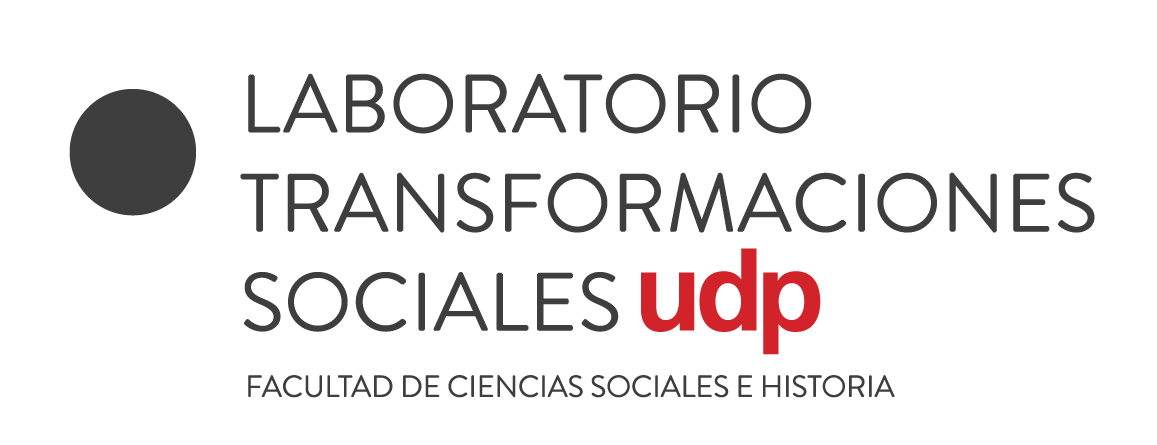Afterlives: Social life after the event
DOI:
https://doi.org/10.32995/0719-64232021v7n14-119Abstract
The transformations triggered by a series of events in recent history (the health pandemic, the 2008 financial crisis, the 9/11 terrorist attacks, the so-called Chilean "social explosion", the Arab Spring, 11M, among others), as well as those linked to longer-term processes (such as the fall of the Berlin Wall, the collapse of the USSR, the end of Latin American military dictatorships, etc.) invite us to think about what happens after events of social, political and cultural relevance. Although events often have the capacity to significantly alter, subvert or transform the previous order, their transformative potential lies rather in the processes of collective elaboration and dispute around their significance. Likewise, events take place in the complex superposition of temporal layers in which the transformation of historical experience coexists with the possibility of that which did not take place and that which persists, that is, of the alternatives and paths that were excluded, silenced, forgotten or denied. The event then contains both the actualized alternatives and those that are buried or displaced; it produces a proliferation of material or symbolic traces in the social space that are sustained together with the emergence of a new geography of symbols, languages and meanings. The present issue of Cuadernos de Teoría Social proposes to take up these problems around the concept of afterlife, whose translation into Spanish would be something like "sobrevida".
Downloads
Published
How to Cite
Issue
Section
License
Copyright (c) 2022 Colectivo Editorial CTS

This work is licensed under a Creative Commons Attribution-NoDerivatives 4.0 International License.

Este obra está bajo una licencia de Creative Commons Reconocimiento-NoComercial-CompartirIgual 4.0 Internacional.



